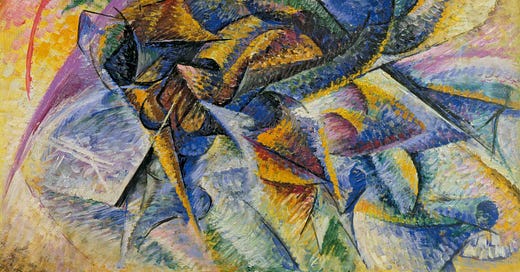“Energy grows where energy goes” goes the mantra. This is a variation on you are what you think, itself a variation on you are what you eat.
Given that our sense of self is largely determined by where we put our minds, where should we put them? To ask this question is already to imply we should put them on the future, for every should implies action. I c…
Keep reading with a 7-day free trial
Subscribe to What Is Called Thinking? to keep reading this post and get 7 days of free access to the full post archives.



